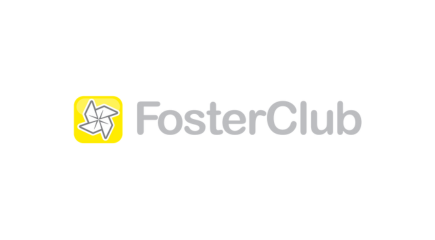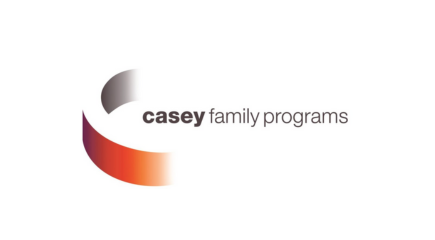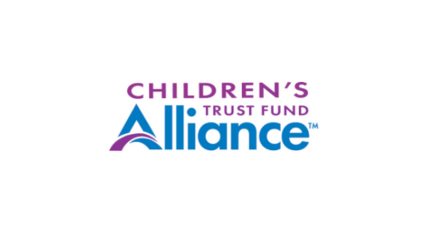LGBTQIA+ Language Guide for Foster Parents, Caregivers & Youth

Why words matter:
For LGBTQIA+ youth in foster care, language is more than vocabulary, it’s a lifeline. Hearing their identity respected can mean the difference between feeling safe and feeling alone.
Many caregivers and adults want to be supportive but aren’t sure where to start. One foster parent explained:
“I don’t even know how to talk about this. I feel like I’m walking on eggshells because I don’t want to hurt anybody’s feelings.”
This uncertainty is normal. Learning LGBTQIA+ language is the first step toward creating safe, affirming spaces for youth.
Here’s a quick guide to the most common terms:
L – Lesbian: A woman attracted to other women.
G – Gay: A person attracted to people of the same gender.
B – Bisexual: Someone attracted to more than one gender.
T – Transgender: A person whose gender identity differs from what was expected at birth.
Q – Queer/Questioning: Queer is an umbrella term for identities outside traditional gender or sexual categories; questioning is exploring one’s identity.
I – Intersex: Someone born with body traits that don’t fit typical male or female definitions.
A – Asexual: A person who usually doesn’t feel sexual attraction but may still have emotional or romantic connections.
+ – Plus: Represents all other identities not listed above.
Why this matters: Using correct words shows respect, safety, and belonging.
Creating a Safe Space Starts With Asking
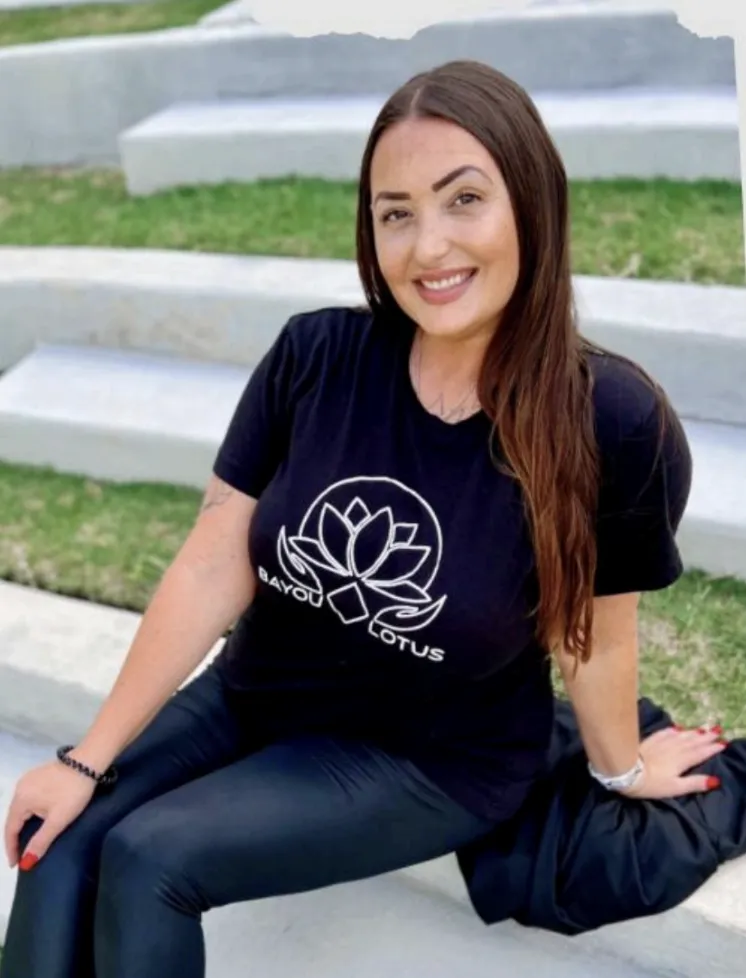
LEAB Member: Pasqueal Nguyen, Parent, Louisiana
LEAB member Pasqueal Nguyen, a parent from Louisiana, reminds us:
“That uncertainty [on what language to use] comes from compassion. What really matters is the desire to support LGBTQIA+ youth with understanding and communication.”
You don’t need all the answers. What matters is showing care, asking questions, listening, and being open to learning.
Why Inclusive Language Matters
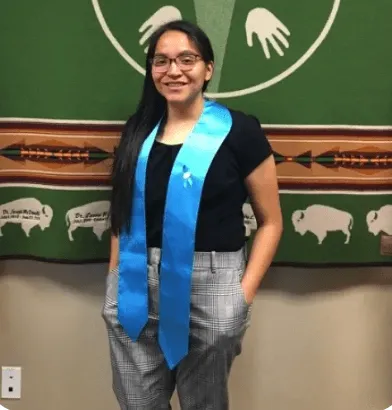
LEAB Member: Shanell LaVallie, in Montana Foster Care System
LEAB Member Shanell Lavallie, she/her, who spent time in Montana’s foster care system, shares:
“This is why we learn pronouns; it’s about inclusion and helping people feel comfortable.”
Using someone’s chosen name and pronouns is a small step with big impact. It tells them: You belong here.
Learning and Growing Together
Emily Hecht-McGowan, a partner with the Family Voices United LEAB team, explains:
“A lot of people stay quiet because they’re worried about saying the wrong thing. Educational spaces are exactly where we should be asking questions and learning together.”
Mistakes will happen. What matters most is how we respond- with openness, respect, and willingness to grow.
How You Can Show Show Support (Even While You’re Learning)
- Ask respectfully about pronouns or identity when unsure.
- Listen without judgment when someone shares their story.
- Use inclusive terms like “partner” instead of assuming “boyfriend” or “girlfriend.”
- Correct yourself if you make a mistake and keep going.
- Seek out resources to further your knowledge about inclusive language.
Let Compassion Lead the Way
Words matter, but the care behind them matters more. Every youth in foster care deserves to feel seen and safe. A simple way to begin:
Ask, “What words make you feel safe and respected?”
Call to Action
Want more tools to support LGBTQIA+ youth in foster care?
Join our E-List to get tips on supporting LGBTQIA+ youth and parents in foster care and hear from our LEAB Member advocates.
Explore resources from Human Rights Campaign, The Trevor Project, and Advocates for Trans Equality.
Together, by listening and learning, we can build a child welfare system where every young person is safe, affirmed, and celebrated.
About Family Voices United
Family Voices United is a collaboration between FosterClub, Generations United, the Children’s Trust Fund Alliance, and Casey Family Programs. The project works to improve the child welfare system by listening to, and amplifying, the voices of people who have lived through it. When their experiences shape policy, we all move closer to a system that truly supports children and families.
Take action. Learn more. Share your story at familyvoicesunited.org

